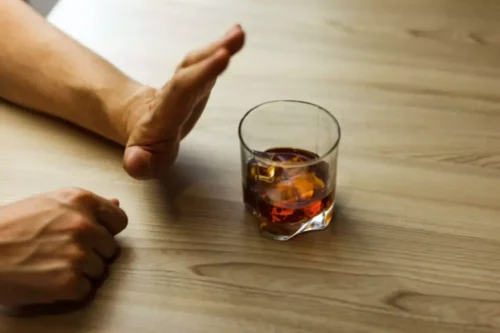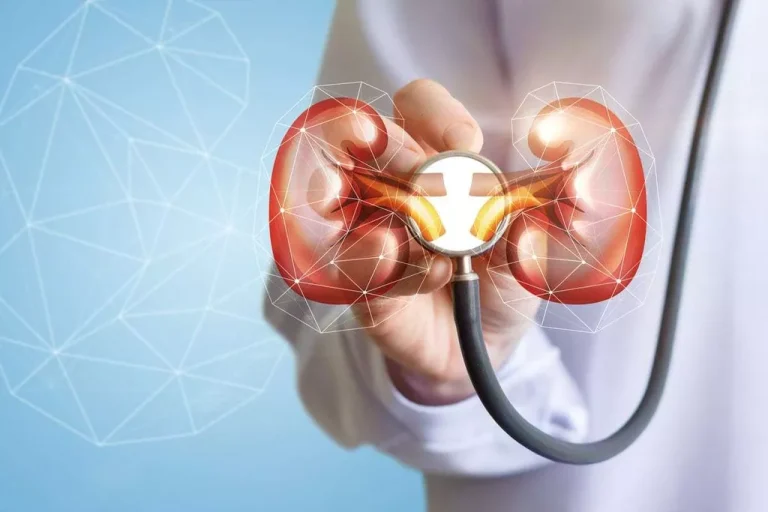Binge Drinking: Health Effects, Signs, and Prevention

Binge drinking is closely linked to mental health issues such as depression and anxiety. Individuals may turn to alcohol as a form of self-medication to temporarily alleviate symptoms. However, this can exacerbate mental health challenges and lead to a cycle of dependence. This pattern elevates BAC levels to 0.08 g/dL or above and is prevalent among adults across various age groups. If you’re not sure if you or a loved one has a drinking problem or is at risk of becoming an alcoholic, professionals like Michaela Weaver can help. There is no set threshold for someone diagnosed with an alcohol use disorder.
- Learning how to stop binge drinking is possible, and may involve reshaping your relationship with alcohol by making behavioral changes, setting goals, and seeking effective treatment.
- Managing binge drinking often requires a multifaceted approach, including self-help strategies that individuals can implement to reduce their alcohol consumption.
- Besides its positive health benefits, it can help you quit drinking after weeks or months.
- These modifications make it more challenging to say no to alcohol, which can momentarily alleviate feelings of melancholy, worry, fear, rage, or guilt.
Frustrating Ways Alcohol Makes You Gain Weight
For example, you can resolve to stick to one or two drinks during your outing with friends. To keep that limit in mind, consider writing it down, setting a reminder on your phone, or telling a friend about your intentions. Remember that drinking can lower inhibitions and impair judgment, so once you go past your set limit you might have how to stop binge drinking a harder time stopping. You might start the night with the intention of drinking one or two beers. An hour or two later, you’re more intoxicated than you wanted to be. Your Care Team will recommend a combination of prescribed medication, alcohol therapy, and community support to get you from where you are to where you want to be.
Binge Drinking: Dangers, Risks, and Prevention

Not everybody who binges has an alcohol problem, but everyone who has an alcohol problem probably binges. In the study, mice that had been genetically modified to have a slight reduction in this potassium channel were 30% more likely to binge drink than normal mice. According to a new study recently published in Forbes, scientists may know why we binge drink even when we want to stop. You don’t want to lose precious https://ecosoberhouse.com/ years of your life to hang out with people who serve no genuine good for you in the long term. More researchers are looking at the effects of alcohol on the intestinal microbiome — the bacteria and other organisms that live inside us. Excessive alcohol also affects your actions, which can increase your risk of injuries and death from motor vehicle accidents, drowning, suffocation, and other accidents.
- The Centers for Disease Control and Prevention (CDC) in the United States also states that one in six adults binge drinks about four times a month.
- This can contribute to patterns of excessive alcohol consumption.
Can You Taper Off Alcohol Safely At Home?
You’ll start to feel the effects of alcohol within 5 to 10 minutes of having a drink. Binge drinking has many effects on your body, both over the short and long term. Binge drinking and moderate drinking are significantly different in terms of consumption patterns, health implications, and behavioral outcomes. Binge drinking can be a way for some individuals to cope with stress, anxiety, or other negative emotions. They may turn to alcohol as a form of temporary escape or self-medication to alleviate emotional distress. Crystal Raypole has previously worked as a writer and editor for GoodTherapy.
- Seek out and participate in activities that don’t revolve around alcohol.
- Attempting to shelter them from their responsibilities would only prevent them from seeing the destructive repercussions of their drinking, potentially delaying their decision to seek treatment.
- Talk with a healthcare professional if you’re concerned you may experience detox symptoms when quitting drinking or cutting back.
- You don’t have to give up drinking entirely—there’s plenty of middle ground between binge drinking and total abstinence.
- Share your concerns and ask for their support in your efforts to stop or reduce your drinking.
Binge drinking vs. alcoholism
In the United States, one out of every six adults binges drinks at least four times every month. List why you want to avoid binge drinking and keep it close to you. I’ve spent the last seven years researching and understanding alcoholism, addiction, and how people get sober. Additionally, I examine the way mental and physical health as well as our relationships with others impact the reasons people drink and their role in maintaining sobriety long-term.
Know your triggers and avoid them.

Binge drinking is defined as elevating the blood alcohol concentration (BAC) to 0.08% or higher, typically after four drinks for women and five drinks for men in about 2 hours. Recognizing signs such as slurred speech, coordination problems, and blackouts is crucial for early intervention and preventing health risks. The COVID-19 pandemic has further exacerbated binge drinking trends.

Limit Number of Drinks Per Week


Commenti recenti